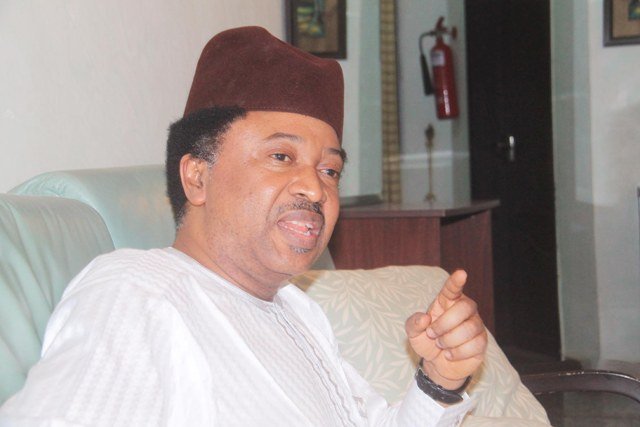Yobe, Jigawa, Kano, Bauchi, Kaduna, and the Federal Capital Territory (FCT) are projected to see below-average rainfall for the remaining months of the year, according to the National Emergency Management Agency (NEMA).
During the presentation of 2023 climate-related disaster preparedness and mitigation policies in Abuja yesterday, NEMA Director General Mustapha Ahmed made this clear.
He said that predictions from the Seasonal Climate Prediction (SCP) indicated that there is a high probability of flooding in 66 councils from April to June, 148 councils from July to September, and 100 councils from October to November.
He said: “NEMA organised a technical conference to discuss the two forecast papers after the public presentations of the 2023 SCP by the Nigerian Meteorological Agency (NiMet) on January 24 and the Annual Flood Outlook (AFO) by the Nigeria Hydrological Services Agency (NIHSA) on February 17.
“Experts from key stakeholder groups attended the technical conference where they evaluated the risk implications of the projections and created an early warning paper based on the theme areas that both NIHSA and NIMET cover.
“This document is expected to aid responsible organisations carry out preparedness and mitigation actions to safeguard lives, livelihoods, properties and the environment against hydro meteorological hazards in Nigeria during the 2023 rainy season and beyond.”
Highlighting excerpts from SCP, which predicted rainfall to be earlier than long-term average in most parts of the country, the NEMA DG also predicted rainfall range to be average and above average during the year.
He added: “The exception to these are for parts of Yobe, Jigawa, Kano, Bauchi, Kaduna and the FCT, which are likely to observe below-average rainfall.
“Furthermore, states that are expected to record rainfall amounts of 2,700mm and above are Bayelsa, Akwa-Ibom, Delta and Cross River.
“Similarly, the 2023 AFO has revealed that a total of 66 councils are at high flood risk between April and June; 148 councils in July to September and 100 councils in October to November.”











